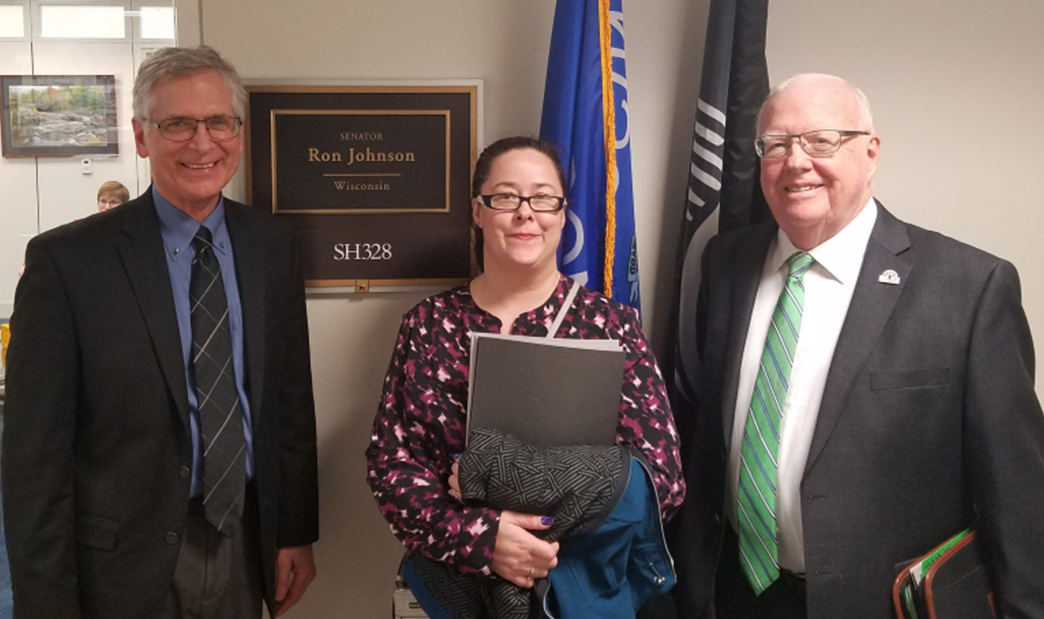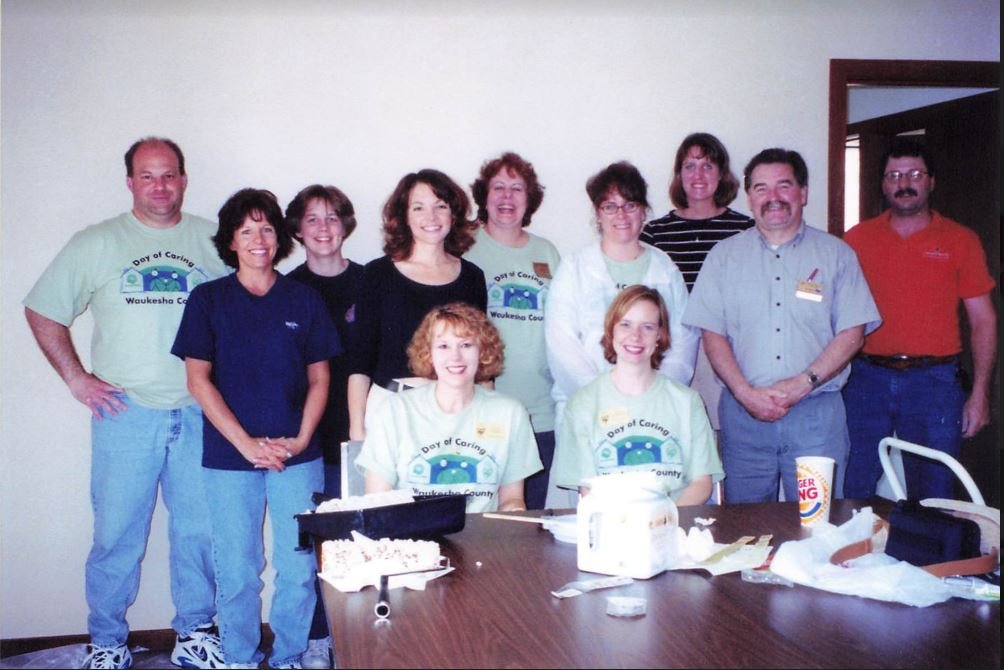THE FOURTH DECADE
2023 - On January 1st, 2023, Addiction Resource Council, Inc. acquired Your Choice Prevention Education Programming and the rights to Your Choice.
2018 - Lindsay Just named sixth Executive Director.
2016 - Addiction Resource Council pilots a new program called ‘Resist The Influence” geared towards middle school youth media-literacy. Began research on the development of a program addressing misuse of prescription drugs and the elderly. We were named the 'Large Non-Profit of the Year' at the 2016 Waukesha County Executive Awards.
2015 - Addiction Resource Council pilots a new program called ‘We’re Not Buying It”, an education program that is geared towards middle school youth.
2014 - Waukesha County Drug Free Communities Coalition (DFC) becomes a division of Addiction Resource Council.
2013 - Joe Muchka named fifth Executive Director. Waukesha County Drug Free Communities Coalition (DFC) begins collaborating with ARC.
2012 - We chaired Waukesha County’s Community Health Improvement Planning Process (CHIPP) Alcohol and Other Drug Abuse (AODA) Planning Response Team to develop a county-wide work plan to reduce unhealthy and risky substance use across the county as part of environmental and community-based processes.
2011 - Public release of EDAC Pilot Study results showing success as relapse prevention intervention on Driver Safety Plans. Further expanded early intervention services to teens by adding Teen Intervention program.
2010 - We expanded early intervention efforts to teens and families through partnership with Your Choice - Live for in-school and community-based prevention and early intervention programming.
2007 - Initiated the use of research-based Prime for Life® lifestyle risk-reduction curriculum with Stop and Think, an underage substance use education and prevention program.
2006 - Hosted the National Council on Alcoholism and Drug Dependence Annual Conference. Began work with Rogers Memorial Hospital and the NIAAA on hair analysis to detect relapse quickly and less invasively.
2005 - We expanded workplace-based programming by including the American Lung Association’s Freedom From Smoking clinic. We also initiated the graduated driver safety plan and included use of the EDAC technology to provide quick detection of relapse and engage clients in appropriate services.
2004 - ARC is selected to work with National Council on Alcoholism and Drug Dependence to improve affiliate and partner relations.
2003 - ARC publishes the first Waukesha County Alcohol and Other Drug Impact Index.
2001 - The Council changes it's name to the Addiction Resource Council, Inc. and moves to new location! We began the study of expanding the Council’s mission to include research. We joined Statewide Task Force to rewrite Intoxicated Driver Assessment Administrative Rule HFS 62.
2000 - The Council was named as fiscal agent to administer the Waukesha County Tobacco Free Coalition’s Master Settlement Agreement dollars. The Council begins to offer drug-testing to compliment assessment and case management services.
THE THIRD DECADE
1999 - The Street Outreach Program was initiated to reach the chronic, homeless, addicted population in Waukesha. The Sharing Treatment and Recovery Program (STAR) for women initiated. An annual state-wide, professional continuing education conference on Women and Special Topics in Addiction is also initiated. The Council is named as 1999 Outstanding Collaborative Effort for Perinatal Case Management Program with Up Connection by the Wisconsin Maternal Child Health Coalition.
1996 - Our Perinatal Case Management Program was initiated to reach pregnant substance-abusing women. An Oconomowoc office was opened to provide assessment services in western Waukesha County
1995 - Information Technology strategy implemented to computerize assessment process and data compilation!
1993 - Victim Impact Program (VIP) is initiated for intoxicated drivers under the Council’s facilitation.
1991 - Our HIV outreach program expanded to include services to the growing Spanish-speaking population in Waukesha County.
1990 - CHIP Cosmos curriculum is developed and initiated, providing an innovative method to interact with elementary school children to teach prevention.
THE SECOND DECADE
1989 - The Hotline was re-named the Helpline. Our Alcohol Assessment Alternative Program (3A Program) for the underage drinker was initiated, now named Stop & Think. The Council annex was opened in memory of Kay Twerion. A street outreach program for HIV was initiated to reach those at-risk of contracting HIV. Formal prevention curriculum for schools was developed along with teacher training.
1988 - Claudia Roska is named our fourth Executive Director.
1982 - The 'Home Supportive Care Program for the Older Adult' was officially initiated with public funding.
1981 - Kay Twerion is named as the third Executive Director.
1980 - Separate assessment and prevention departments were formed.
THE FIRST DECADE
1977 - The Council began offering formal prevention and education programming in local schools.
1976 - Dean Gard is named second Executive Director.
1975 - We began offering 24-hour crisis intervention services, including a volunteer transport system to provide a process to control public intoxication and relieve law enforcement of the health problems associated with alcoholism.
1974 - First public 'open house' hosted by Council, to acquaint the public with the Council’s role in the community. The Council is designated as the Intoxicated Driver Program assessment facility for Waukesha County.
1973 - The Council opened its doors for services, Robert Pritchard was named first Executive Director. We adopted name change to Waukesha County Council on Alcoholism and Other Drug Abuse, Inc. Our hotline was established.
1971 - Alcoholism Council of Waukesha County was incorporated.
1969 - ARC WAS FORMED
The initial organization of the Council came about through citizen involvement as a result of a Waukesha County Board resolution, encouraging citizen groups to organize around the needs of the alcoholic.





















